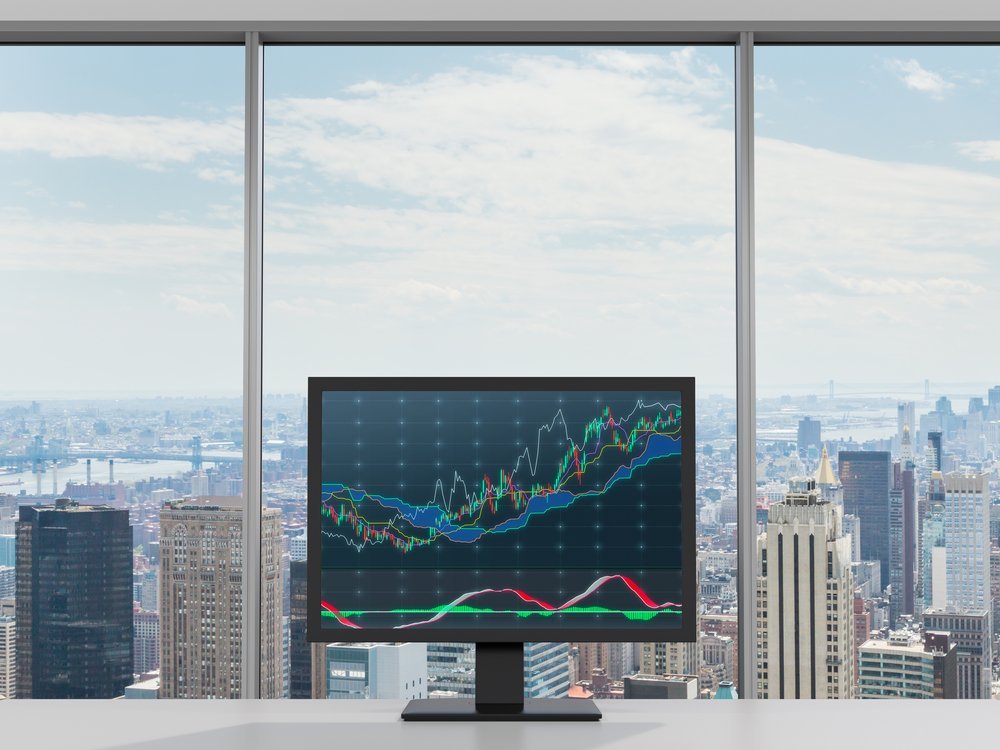
The property management industry is evolving quickly. New workplace strategies, heightened risk management practices, updated environmental requirements and increasing cost pressures are all themes impacting the sector. Combine these trends with an industry that is late to technological adoption and you have a huge area of opportunity in portfolio management solutions.
Technology has always played a key role in property management. Software is moving beyond basic data and cost management to include a wider scope of capabilities, such as tenant relations, procurement and strategic planning.
Progressive managers need to understand the range of property management solutions available today. This is the case whether you work for a local public facilities manager or a large investment advisor. Understanding the latest in digital innovations is only of benefit. Here are six ways new portfolio management solutions can enhance your operations.
Emerging Property Management Solutions
1) Procurement and Vendor Management
Procurement and vendor selection is a key part of proper management. Today’s software enhances this function. Property managers can now track work orders from start to finish. They can check that vendor credentials meet regulations and insurance requirements. Software also ensures external purchases for goods and services get the right approvals and align with existing inventories and budgets.
2) Strategic Planning and Prioritization
Capital expenditures can be one of the most important aspects of property management. This is where software comes in. It helps property managers better choose which capital decisions have the most business impact through processes such as investment optimization and cost-benefit analysis. No more relying on static spreadsheets to justify capital decisions.
3) Tenant Management
Automation of tenant and occupant management is fairly new but growing. Software can now track payments, conduct tenant background checks and manage service requests virtually instantly. Communication between tenants and occupants and the property manager is greatly enhanced. Tenant safety and communication during disasters emergencies is also improved.
4) Portfolio Analysis and Reporting
Many property managers oversee more than one building. Portfolio-level analysis and reporting are important for organizations. This includes capital expenditures and income, as well as total energy use. Managers can summarize this portfolio-level data into reports and dashboards for clients and stakeholders.
5) Accounting and Revenue Management
The management of cash flows is driven by financial departments. But property managers must also be well-versed in revenue management and budgeting. One positive market trend has been the alignment of data between property management and accounting software. This makes property operations more efficient, and creates transparency between teams.
6) Mobile Workforce Capabilities
For organizations with large, geographically diverse portfolios, leveraging mobile technologies is a must. On-site property managers can track tenant requests, upload photos and manage building maintenance schedules through mobile platforms. No more having to refer to desktop programs to confirm something. Property managers can access relevant information instantly through software.
Property Management Solutions: Looking Ahead
New property management solutions are emerging to help organizations operate more efficiently. These solutions enhance risk management and fiduciary capabilities. If you are interested in learning more about software solutions or how technology is impacting the property management industry, please contact4tell™ Solutions.
Photo: Image Flow / Shutterstock.com

 Share on Facebook
Share on Facebook

